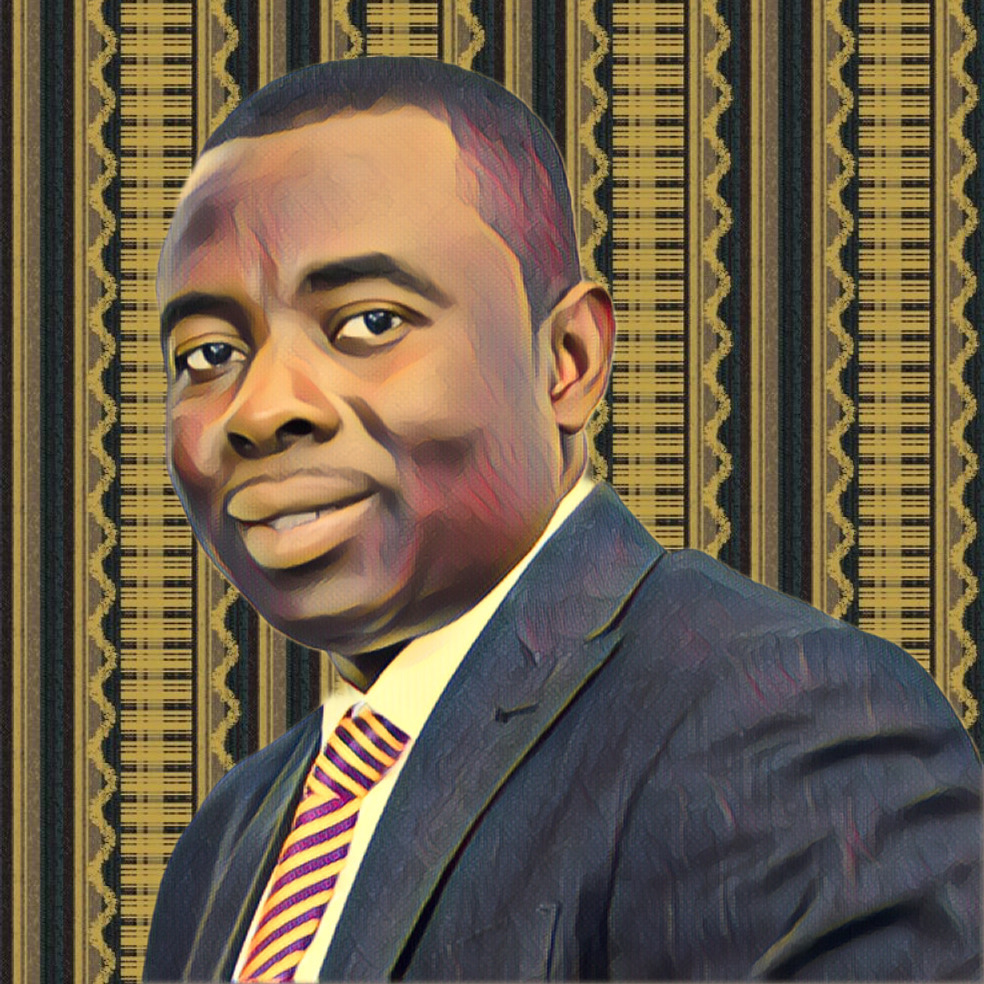Professor Joshua Yindenaba Abor, a distinguished finance expert and Afreximbank Research Fellow, urgently calls for Ghana to establish a long-term development plan (DP) as a guiding framework for future governments. He emphasizes the importance of this plan for the consistent execution of policies and programmes.
As the former Dean of the University of Ghana Business School (UGBS), Prof. Abor criticizes the existing approach where political parties abandon their predecessors’ development plans, a practice detrimental to national progress. He advocates for a collaborative planning process involving all stakeholders to ensure political transitions do not disrupt the continuity of these plans.
In his lecture on national development banks in Africa, Prof. Abor stressed the importance of a forward-looking development plan, covering a minimum of 40 years, to guide and be respected by all future governments. He noted that the National Development Planning Commission (NDPC) has previously crafted development plans, like the 40-Year Development Plan (2018-2057), but these often gave way to party political manifestos rather than structured planning.
The “DBG-UGBS Development Finance Dialogue Series,” an initiative by the business school with support from the bank, aimed to educate UGBS graduate students about development finance and the roles of development banks.
Prof. Abor, also an External Fellow at the Centre for Global Finance, in his recent book “The changing role of national development banks in Africa: Business models, governance, and sustainability,” delves into the evolving role of these financial institutions.
According to a report by the Daily Graphic, he raised concerns about Ghana’s failure to commit to a long-term development plan, leading to disjointed, party-centric policies that hinder sustained national development. This inconsistency also affects the performance of national development banks (NDBs) like the Development Bank Ghana (DBG) and Ghana Export-Import (Exim) Bank, which lack guidance from a national plan.
According to Prof. Abor, aligning NDBs with a national development plan significantly enhances their effectiveness. These banks are crucial for providing counter-cyclical financing, supporting the UN Sustainable Development Goals (SDGs), and promoting inclusive financing, especially for small and medium enterprises (SMEs). They also play a vital role in fostering innovation, structural transformation, and deepening financial markets by offering long-term financing.
To boost the efficiency of NDBs, Prof. Abor advocates for prioritizing governance systems, implementing strong impact evaluation mechanisms, and ensuring a balanced mix of funding to reduce foreign exchange risks. He recommends that NDBs adopt a balanced approach to Basel III standard implementation, preventing liquidity issues.




